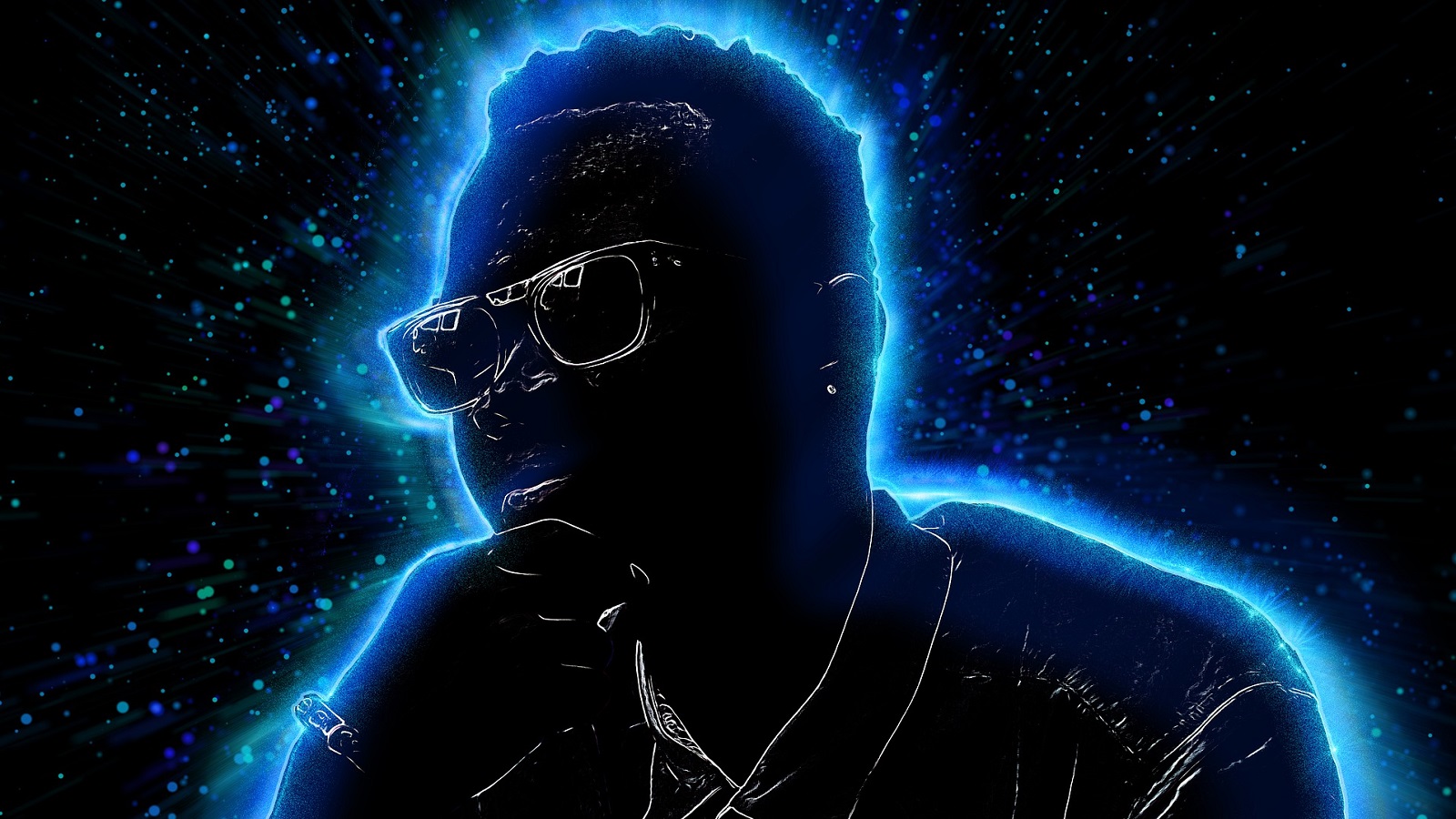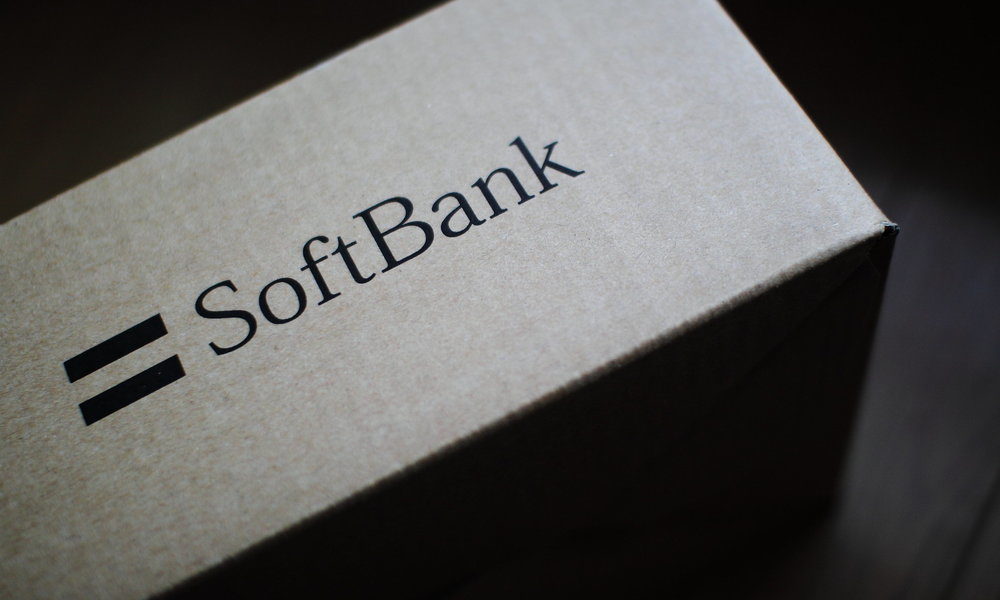
A few days ago, we could see how the pressure has ended up reaching one of the young Spanish stars of Twitter. Joaquín Domínguez, content creator known as ‘ElXokas’ announced that he was taking a few days off as a result of a controversy that arose over some false accounts that he managed on Twitter pretending to be followers.
The need to stop ‘ElXokas’ once again shows that, although influencer is the most desired profession by young Spaniards, all that glitters is not gold. And it is that the countless advantages that we intuit exist, in exchange for generating content to give visibility to different brands, brings with it a large number of psychosocial risks.
“There are two different parts of this ‘side B’ of influencers, cybercrimes and psychosocial disorders”ensures white frames, ESIC professor and founding partner of the digital agency Gestazion.com, “Anyone can be a victim of a scam of a theft of personal or banking information through the internet. But the probability of this happening to an influencer is multiplied: the continuous connection with their followers through direct or Instagram stories and other social profiles makes them much more vulnerable to this type of situation.
In fact, it is increasingly common to find news in the media about influencers who have been victims of this type of crime, such as identity theft in other social networks, even on adult content platforms, the hijacking of devices or accounts and even financial extortion.
“We must bear in mind that we are dealing with people who make a living from their digital reputation, so this type of danger they face can put their credibility and, therefore, their business at risk. For an influencer, personal branding is everything: we are talking about a profession that involves daily and constant dedication to building a strong identity and a loyal community”Add.
No digital disconnect
Another risk associated with influencers is the lack of boundaries between work and private life. “We are dealing with people who have a level of fame similar to that of any famous character, but who face it with less experience and knowledge of what this can mean for their daily lives. Being an influencer means living for and generating content, to stand out, to get likes, to get your followers to see you, etc. And this means that they are always connected to their social profiles, responding to the great demand of their millions of followers”White explains.
In addition to this lack of disconnection, knowing how to navigate the interaction with followers and other audiences on their profiles is essential for them. “The overexposure on social profiles; the search for constant validation by his followers (and those who are not); offensive criticism and comments; or creating an identity based on what users demand, are serious risks that influencers face continuously, something that can cause anxiety and even depression.


